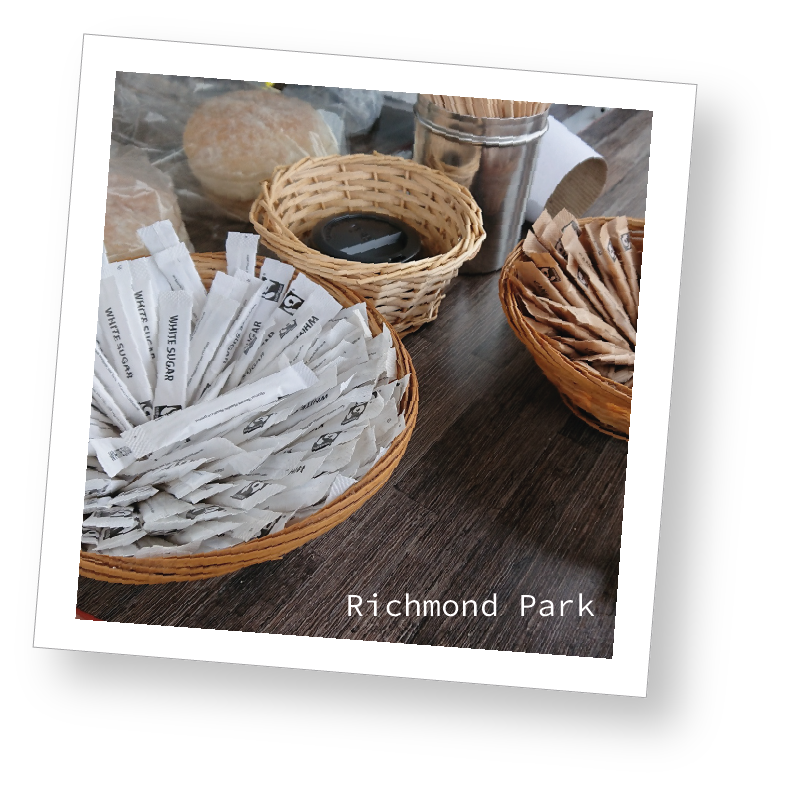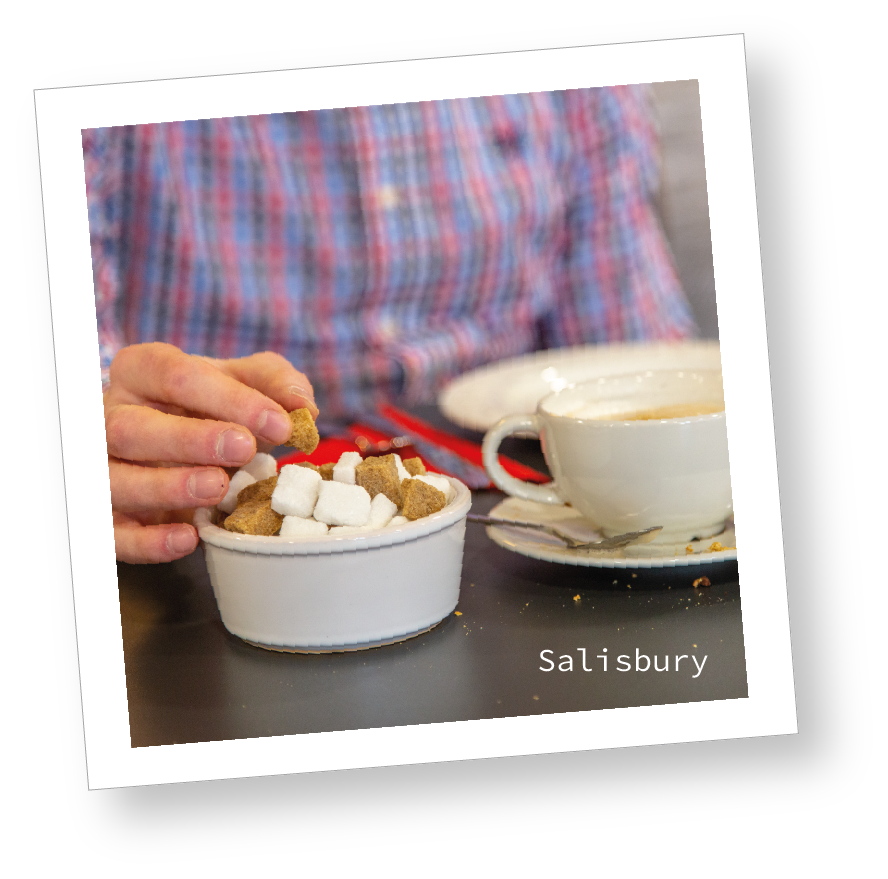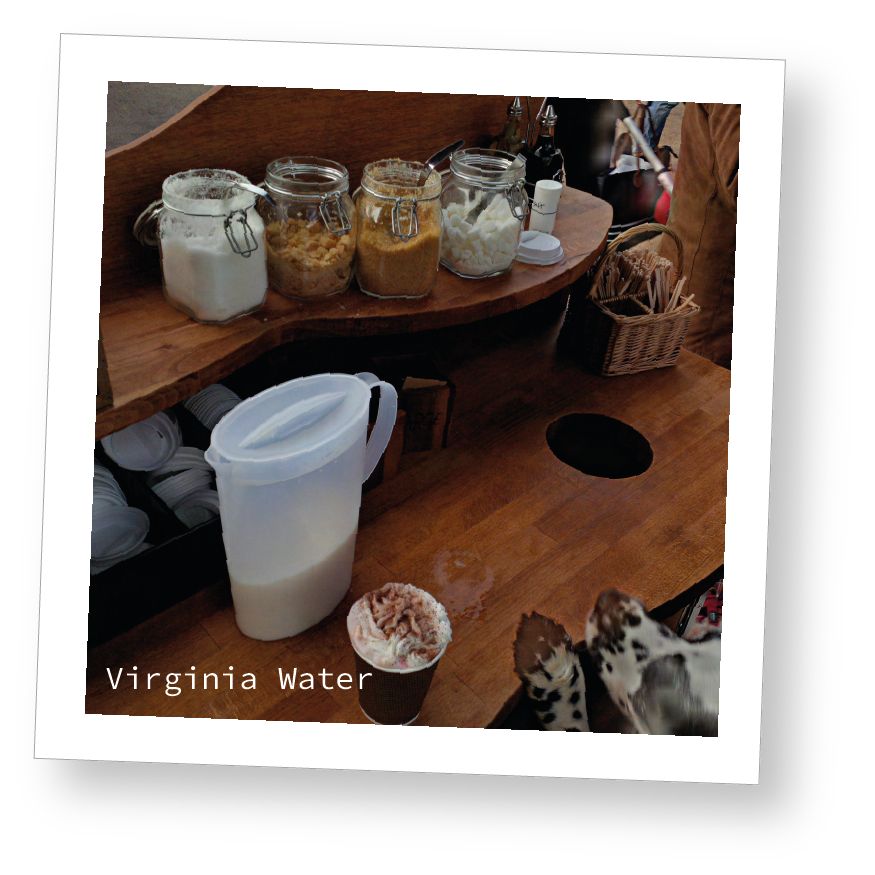What is compostable and it’s benefits for you and the planet?
/Firstly, it’s very easy to get confused between ‘compostable’ and ‘biodegradable’, although they are similar in some ways, they are not the same. Biodegradable refers to something that can be left outside and will naturally decompose. To a certain extent a lot of things are biodegradable, as over millions of years they will gradually decompose! Compostable means something will decompose into natural elements in a composting environment. The time this takes can depend on the product and the environment it’s in, but it’s a quicker process than biodegradable products. Compostable products can provide the earth with nutrients once they are broken down, compared to biodegradable products which can produce toxins that are harmful and not good for our planet.
Compostable is all about being environmentally friendly and helping our planet. Waste has become a big issue recently and we can’t afford to carry on the way we have, we need to think sustainably for the future and protect our planet. Compostable products help to minimise waste as the product is decomposed back into natural elements and used as compost. For this to happen, compostable products must be disposed of in the correct way to ensure they are taken to a composting facility and not to landfill. Your waste management company will help you make sure your compostable products are disposed of correctly.
Consumers are becoming more aware of the waste issues facing our planet and like to do their part to help fight them. Research shows that 61% of consumers consider green packaging when deciding where to shop. Consumers feel they are helping to keep a clean planet and a more sustainable environment by choosing companies that use compostable products. Therefore they are more likely to use a product if it’s compostable, because they know it’s not causing more waste problems but helping to resolve it. Did you know? A large amount of the world’s leading brands are aiming for 100% recyclable, reusable or compostable products by 2025.
What is EN13432? EN13432 is an official standard for compostable products. Products with this certification meet the criteria needed for a product to turn into compost in the correct environment. This can be shown on products by using the Seedling logo, which is a registered trademark with European Bioplastics. The Seedling logo helps to identify the product and the correct disposal option, facilitating correct waste separation, collection and recovery.
Here at Nutshell we care for our environment and like to do our bit to help. We have launched some new products made of compostable paper, starting with our Enviro sugar flatsticks in both white and brown sugar and Enviro salt and pepper sachets. Our Compostable paper is based on renewable resources that complement your packaging and sustainable business ethos.
Choosing compostable won’t cost you the earth – in fact, you will be helping to save it!


























